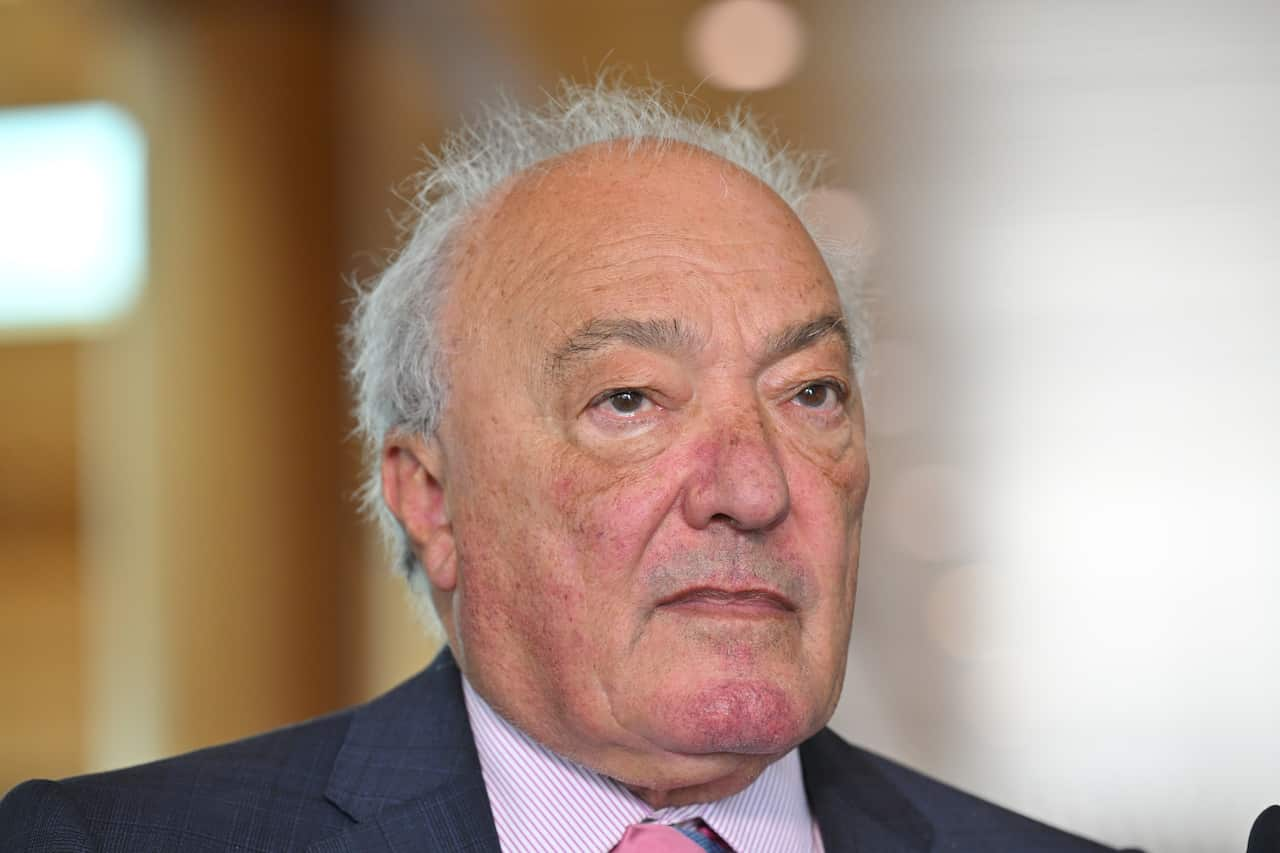Parents, disability advocates, autistic adults and other stakeholders have told a parliamentary inquiry they fear vulnerable children won't be able to access the appropriate care under the government's new program for autistic children.
In August, Health Minister Mark Butler announced the creation of the Thriving Kids program, which will launch in July 2026 to and begin replacing NDIS support in mid-2027.
The government says it will provide support and intervention through mainstream channels, such as general practitioners and schools.
Disability advocacy organisations from around Australia addressed the parliamentary committee established by the government to guide the implementation of the program, many of them voicing strong concerns about the proposed changes and workforce capability.
Submissions described lengthy and invasive assessments to access support under current arrangements and fears the changes risk creating a "two tier" system, with children likely to "fall through the cracks".
Jenny Karavolos, who has an autistic child and is the chief executive of Disability Advocacy and Complaints Service South Australia, said she was worried children with mild to moderate needs would be overlooked in an already under-resourced system.
"The families and autistic individuals tell us they're exhausted from navigating fragmented systems," she told the inquiry.
"Many just can't afford the basics, saving up reach just to see a GP or fill a script when they finally reach a door. Often it is the wrong door or the right door that people behind it simply do not understand about disability. So services exist in theory, but in practice, families face long wait lists, unaffordable gap fees, and supports that are not trauma informed or inclusive."

Plans for the rollout have also worried some experts like Professor Sharon Lawn, the executive director of Lived Experience Australia and the former Mental Health Commissioner for South Australia.
She said children with learning difficulties or autism that are labelled as mild are actually the most in need of consistent, effective support because their challenges are too often dismissed or minimised.
"Basic stereotyping is the problem in a lot of service systems," she said.
"So with children who may be presenting, for example, with behavioural issues, particularly the mild group, particularly where a family may experience socioeconomic disadvantage, it's easier to jump to, oh, this is the cause of the problem.
"Then it can very quickly get into blame. It can become many other things other than what it actually is as a child that actually has a need for a Thriving Kids program."
Excluding autism from the NDIS was "ableist and discriminatory", according to a submission from independent support co-ordinator and mother of two autistic sons Ange McArthur.
She warned a "deeply harmful" narrative around the changes had demonised autistic people as a "burden".
Organisations that represent rural and regional Australians with disability said they shared these concerns, and are also worried about accessibility and cultural safety.
Niki Lehmann is the CEO of the nonprofit advocacy group Autism NT.
"If you go to Alice Springs, you have to come bang on every three months," she said.
"You can't just walk into any community and go, hey, we're here. You have to collaborate with other services, people that understand that community. So the remoteness is a huge part, especially trying to get to community, making community understand all our diagnosis."
Committee chair and Labor MP Mike Freelander said he was aware of those concerns, and that the committee recognised the timeline was a "difficulty".
He said the government wouldn't be able to design a perfect system but it would be reviewed in time.
Funding for Thriving Kids remains up in the air with federal and state governments yet to strike a deal over who will pay for what.
But the uncertainty and anxiety has been heightened all the more, because negotiations between the federal and state governments on another much vaunted plank of NDIS reform known as foundational supports appear to have stalled — and it remains unclear what those foundational supports will look like.
Independent MP Monique Ryan has told the inquiry that while an initial $2 billion in funding has been committed to the program, to be collectively matched by states and territories, there are still questions about exactly what services will be offered and who will pay for it.
"I guess the concern is that families want, need and deserve certainty. We're in October 2025, and you're talking about rolling a system out from the first of July 2026. But you're not able to give us any certainty around the timeline for firm agreements between the federal and state governments at this point in time."
Yellow Ladybugs, a group set up to support autistic girls, expressed concern in August about the changes, in particular around the potential classification of different categories of severe or 'mild' autism.
"This is a one size fits all approach that is not customised,” said Katie Koulas, the CEO of Yellow Ladybugs. "It hasn't had autistic input or approval, so it's actually quite dangerous."
Federal ministers hope an agreement will be struck by the end of 2025.
For the latest from SBS News, download our app and subscribe to our newsletter.

